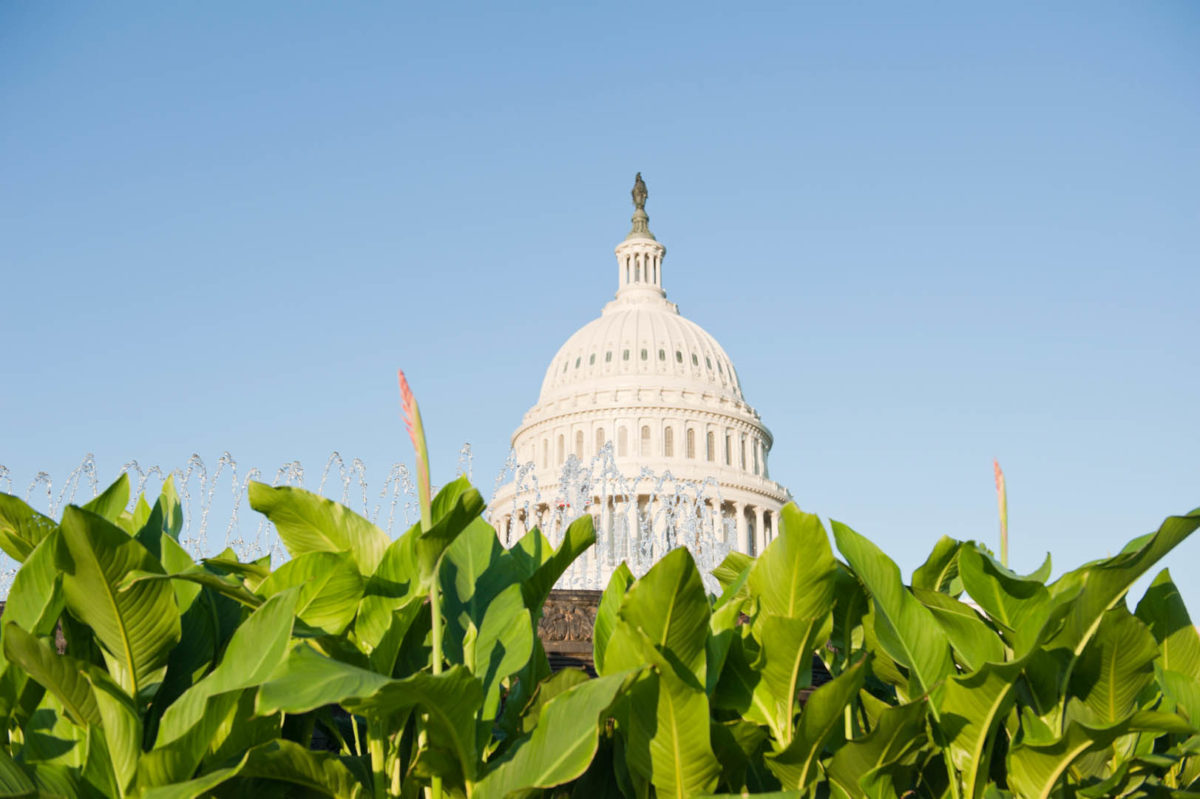For many businesses struggling during the COVID-19 induced shutdown, assistance from the Small Business Administration (SBA) through the Paycheck Protection Program (PPP) is the difference between lifeline and economic ruin. But for thousands of professionals serving state-legal cannabis businesses, including non-profits like NCIA and innumerable small businesses alike, access to PPP money remains elusive. A group of lawyers is in the process of developing a legal challenge to this unjust treatment.
The SBA Policy Notice on April 3, 2018, precludes any company that has received any revenue from a marijuana business from receiving SBA assistance, including service providers like lawyers, accountants, or consultants which provide counsel to thousands of legitimate cannabis businesses around the country. This SBA guidance has prevented many firms from applying for PPP loans and casts doubt as to whether firms that received loans but have done work for cannabis clients will have their loans revoked.
A coalition of law firms led by Yetter Coleman LLP is seeking to raise $150,000 for a legal defense fund to strike down the guidance. The lead plaintiff will likely be a law firm whose PPP application was denied because of this rule. If successful, the challenge would benefit the industry going forward by removing the “Indirect Marijuana Business” guidance from SBA’s eligibility determinations. But time is of the essence with the PPP program winding down and the forgiveness rules are already likely being drafted.
In a recent letter to Treasury Secretary Mnuchin and SBA Administrator Jovita Carranza, the American Bar Association (ABA) requested the SBA to clarify eligibility under the business loan program to allow access to the Coronavirus Aid, Relief, and Economic Security (CARES Act) funds through the PPP for lawyers and law firms that provide services to cannabis businesses operating legally under applicable state laws. According to the ABA, of the 1.3 million attorneys practicing in the U.S. in 2019, approximately 78% are in jurisdictions where marijuana sales are permissible under state law. Under the current guidance, the ABA is concerned that many of these lawyers and their firms could be unfairly disqualified from receiving PPP assistance.
“The ABA supports amending federal law to ensure that lawyers do not face the threat of criminal charges when they represent clients in states that have legalized marijuana,” the June 5 letter states. “Even before those changes are made to federal law, lawyers should also not be penalized for providing legal services to cannabis-related businesses that comply with state laws.”
In a March 22, 2020, Twitter post in response to a Washington-based cannabis business owner, the SBA publicly confirmed that cannabis businesses are not able to access the SBA funded programs even though cannabis businesses are as equally harmed by the coronavirus pandemic as other law-abiding, tax-paying small business operators. To date, the SBA has not formally addressed the eligibility of cannabis businesses for the broader Paycheck Protection Program.
Back in March, several industry and advocacy groups, including NCIA, issued a letter to congressional leaders seeking to limit restrictions and allow cannabis businesses to obtain the same relief available to other legitimate industries. Among other things, the letter cites the unfairness of ineligibility for SBA relief for cannabis businesses given their obligations to follow federal employer requirements and the disproportionate impact ineligibility has on small businesses.
The legal U.S. cannabis industry is projected to top $20 billion in annual sales in 2020 and now employs nearly 250,000 workers. One would think access to SBA loans that support businesses in keeping this significant workforce employed during the coronavirus crisis would be an economic priority for policymakers in Washington DC. Time will tell if this goal becomes a reality.
If you are an ancillary business interested in either donating to the legal fund or willing to offer your professional support, please email Shane Pennington of Yetter Coleman LLP at spennington@yettercoleman.com.


Follow NCIA
Newsletter
Facebook
Twitter
LinkedIn
Instagram
–